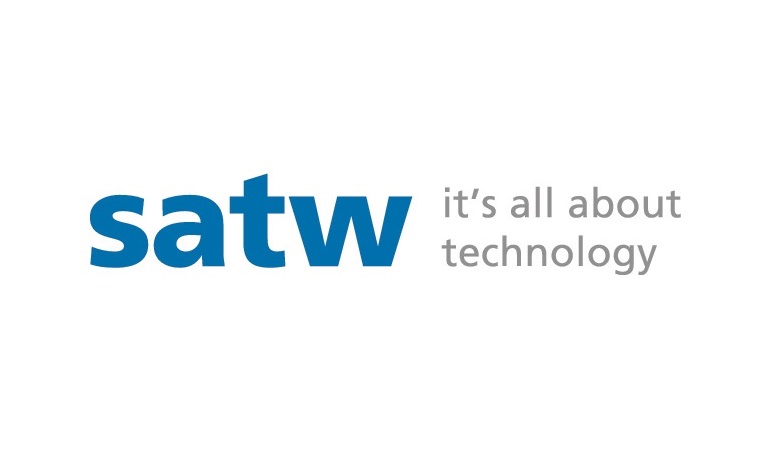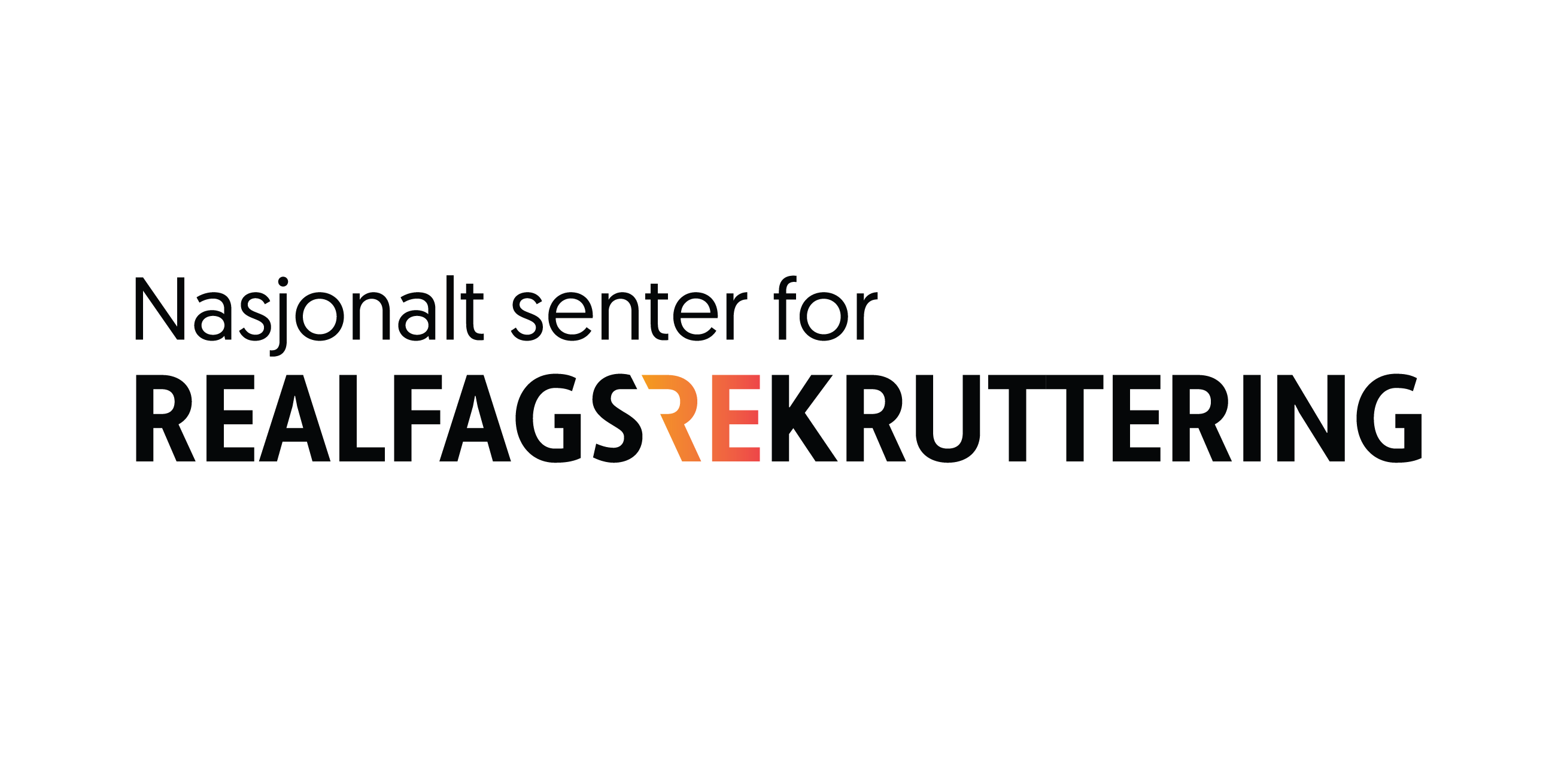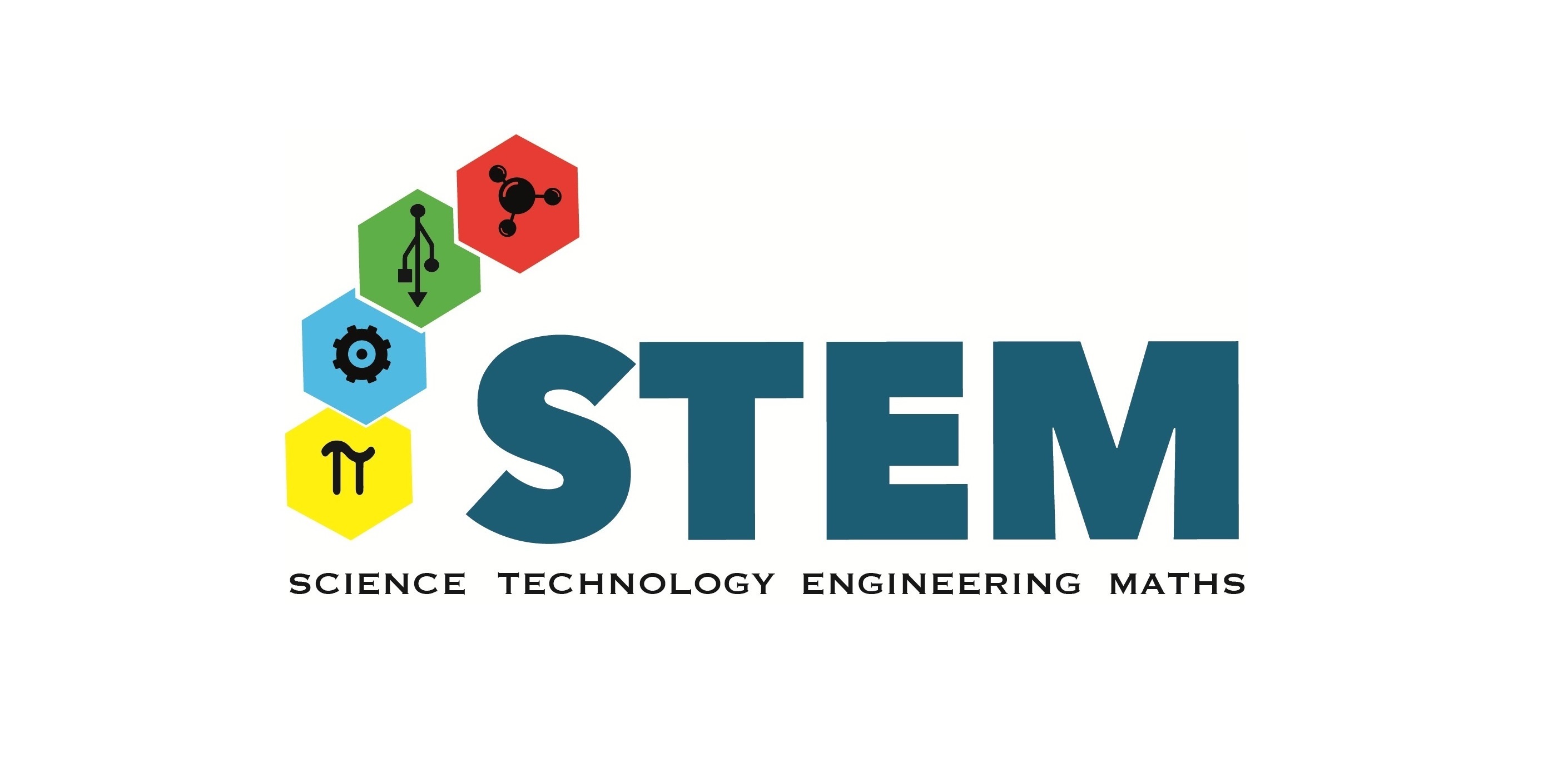Ministry of Education and Science
The Bulgarian education system has been traditionally supportive of STEM, providing students with numerous opportunities to broaden their experience in the STEM fields outside the curriculum. Currently several non-government and academic organisations are responsible for the bulk of the STE(A)M initiatives in Bulgaria and most of them work closely with policymakers, trying to ensure the sustainability of their initiatives, some of which have been standing for decades and have turned into an institution of their own.
The longest standing form of extracurricular STEM activities have been the various olympiads – mathematics, informatics, information technologies, physics, chemistry, astronomy, mathematical linguistics etc. Bulgaria has been a founding member of most of the international olympiads in these fields and last year founded EJOI (European Junior Olympiad in Informatics). Bulgaria is also one of the few countries, where students receive direct support and mentorship from active researchers. Every olympiad has three rounds- school, district and national, with the more popular fields, such as mathematics and informatics also having additional national competitions. Schools are encouraged to provide extracurricular courses, preparing the students for the olympiads through various funding programmes such as the Operative programme “Science and Education for Smart Growth”.
High school research is another well-established traditional STEM activity, due to the tradition of research organizations in mentorship and access to resources to talented high school students. The High School Students Institute of Mathematics and Informatics has been functioning since 2000, initially modelling its structure and activities after the US Center for Excellence in Education and then – gradually expanding and diversifying its methods. Currently it organizes two annual high school conferences, an interview-based grant initiative supporting high achieving students to participate in international research programs, and an international summer school, which gathered 45 students from ten countries in 2017. The summer school is three week long and each participant is provided with a personal mentor and research topic in the field of mathematics, computer science, ICT or astronomy.
The Bulgarian Ministry of Education and Science's current priorities include:
- Involvement of the three interests’ parties in STEM skills intensification – kids/students, parents, school/education authorities.
- Funding for STEM education innovations and interdisciplinary projects development aimed at foster collaborations for sharing and co-creation of new knowledge among High Schools or/and Education Institutions.
- Better STEM through better STEM teachers: fostering change management in education and development of education change management strategies for each High School/education institution.
- Improvement and digitalisation of STEM infrastructure (STEM Labs), facilities, and libraries (digital STEM libraries at High Schools/education institutions).
- Overcoming the inequality and better integration through learning communities and development of STEM knowledge map and paths (STEM BUS Bulgaria).
- Pragmatism, transparency, and visibility of STEM efforts: ideas and contributions of all interest parties can be achieved through the development and sustainability of Open Data STEM portal Bulgaria.
- Integration with the foreseen EIT community hub in Bulgaria













